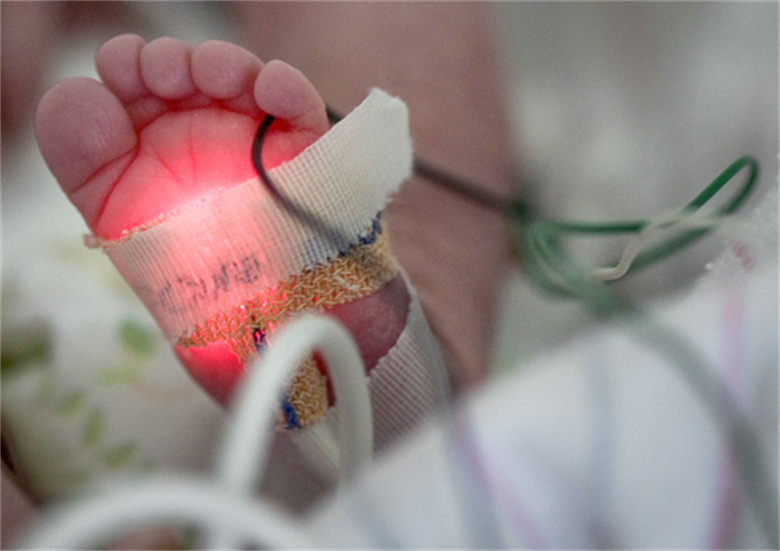Neonatology is a type of pediatrics, focusing specifically on medical care for newborns. The primary patients of neonatology are newborn infants who were born ill or became ill shortly after birth.
Here is a quick overview of this medical concentration, for those unfamiliar.
Origins of Neonatology
Neonatology is a very recent concentration of pediatrics. High infant mortality rates existed as early as the late 1800s. The first premature infant incubator station was created in Chicago by Joseph DeLee. The first NICU (newborn intensive care unit) was established in New Haven, Connecticut. Neonatology was officially recognized as an official subspecialty of pediatrics in 1975 by the American Board of Pediatrics.
Modern Neonatologists
Modern neonatology physicians are not here to help with minor problems; a normal pediatrician will be able to assist with most medical issues in infants. A neonatologist is trained to deal with high-risk situations. Premature babies, birth defects, and other serious issues are handled by neonatologists.
Neonatologists are serious doctors, and it takes serious time to become qualified. In addition to a standard college education, a doctor must have 4 years of medical school, 3 years of residency in pediatrics, 3 more years of residency in newborn intensive care, and they must be certified by the American Board of Pediatrics.
In addition to neonatologists, there are neonatal nurse practitioners. These nurses are specialized in neonatal care, and they will be assisting the physician along the way. They are able to diagnose some issues, prescribe medication, and some can even perform medical procedures themselves.
A neonatologist may assist with the diagnoses of breathing disorders, certain infections, and birth defects. They will also be the primary strategist in treatment options for an infant. They will formulate nutrition plans to make sure an infant will have maximum growth. A neonatologist will work closely with other medical staff, pediatricians, and nursing staff to assist with any serious illnesses in newborns.
Neonatologists are Best for Newborns
Minor problems for adults could mean possible death for an infant. That’s why specialists are needed for infants. There are also many common postpartum issues that a neonatologists can assist with. Many of these are routine for them; however, rare diseases and disorders can be diagnosed by a neonatologist as well.
Neonatal jaundice, neonatal cancer, inborn errors of metabolism, neonatal diabetes mellitus, neonatal herpes simplex, and neonatal seizure are a few of the more common problems a neonatologist will assist with.


